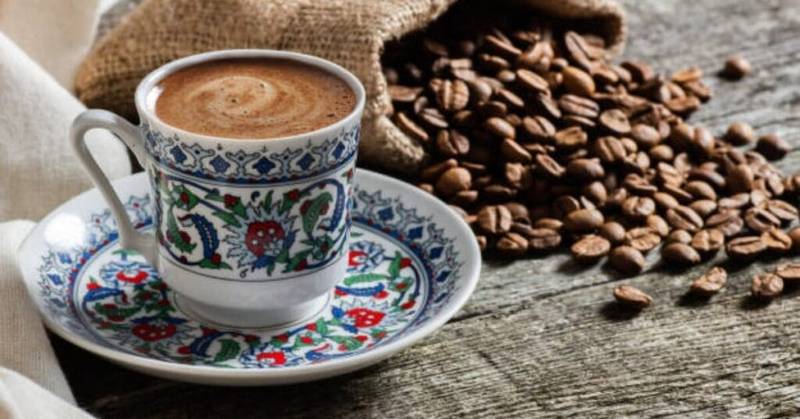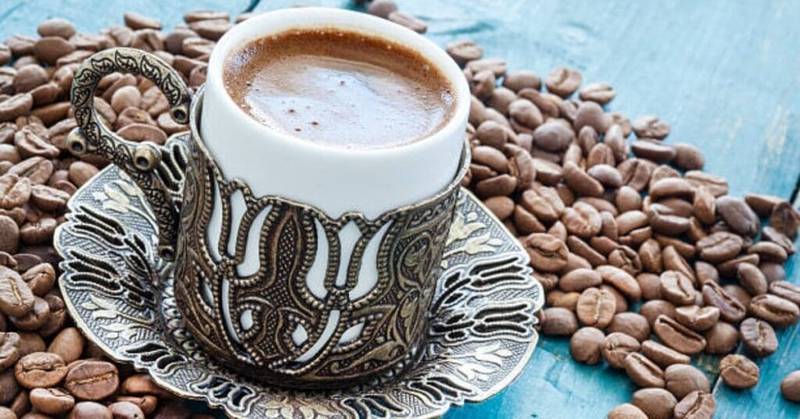Coffee enthusiasts often ask, can you run coffee through a coffee maker twice to achieve a stronger brew. While the idea sounds simple, this method can affect flavour, bitterness, and overall quality, largely depending on brewing technique and the Coffee Equipment used.
As an affiliate site, we are associated with the amazon. We might receive a commission when you use links or recommendations on our website to make qualified purchases. The cost you pay for the goods or services is unaffected by this.
Table of Contents
The Science of Brewing Coffee
Coffee brewing is an extraction method! The flavour and scent of the grinds are released by hot water. This is affected by contact time, water temperature, and grind size. Although hotter water and finer grinds can extract more, they can also cause bitterness. Try different things to discover your ideal balance!
Understanding Coffee Extraction
To appreciate the impact of running coffee through a coffee maker twice, it is essential to understand the extraction process. Coffee extraction refers to the method by which water pulls out flavours, oils, and compounds from coffee grounds.
The balance of this extraction is crucial in determining the taste of the coffee. Over-extraction or under-extraction can result in bitter or weak flavours, respectively.
The Role of Temperature and Time
The temperature of the water and the time it spends in contact with the coffee grounds are critical factors in the brewing process. Optimal brewing temperatures range between 195°F to 205°F (90°C to 96°C).
When heat or brew time is excessive, it can lead to Burnt Coffee, which is why many ask, can you run coffee through a coffee maker twice without negatively affecting flavour and quality.
Running coffee through a coffee maker twice can significantly alter these parameters, impacting the final cup’s flavour.

The Concept of Double Brewing
Are you seeking an extra kick from your coffee? Consider double brewing. It takes more than just pressing the brew button twice to achieve the concentrated and tasty cup this approach seeks to produce. This is a breakdown of the twofold brewing idea:
What is Double Brewing?
Double brewing involves brewing coffee as usual and then using the resulting coffee instead of water to brew a second batch with fresh coffee grounds. This technique sometimes creates a stronger, more intense cup of coffee.
Potential Reasons for Double Brewing
- Enhanced Flavor: Some coffee lovers believe that double brewing can intensify flavour, providing a richer and more robust taste.
- Increased Caffeine Content: Another assumption is that double brewing might increase the caffeine content, offering a stronger caffeine kick.
- Experimentation: Coffee lovers often use various brewing methods to discover unique flavours and textures.

Risks and Downsides of Double Brewing
Brewing twice can go wrong! As flavour is enhanced, more bitterness is extracted. Reusing the grounds also increases the danger of bacterial growth and poor taste in the subsequent brew.
Many coffee lovers ask, can you run coffee through a coffee maker twice, but if you want a bolder cup without the drawbacks, consider adjusting your grind or investing in a quality Cappuccino Maker for a richer, smoother coffee experience.
Flavor Complications
Double brewing can lead to over-extraction, often producing a bitter, harsh taste. In the second run, the coffee maker can extract undesirable compounds usually left behind in a single brew, compromising the flavour quality.
Health Concerns
Brewing coffee twice can increase the concentration of certain compounds, such as oils and acids, which might have adverse health effects. High levels of these compounds can cause digestive discomfort or exacerbate conditions like acid reflux.
Wear and Tear on Equipment
Repeatedly running coffee through a coffee maker instead of water can strain the machine’s components. Coffee grounds contain oils and residues that can accumulate and damage the coffee maker over time, leading to potential maintenance issues.
Alternatives to Double Brewing
While it may seem like a quick way to get a stronger cup, double brewing might result in bitterness and wasted coffee. To help you obtain that bolder brew you’ve been craving, try these more delicious and dependable options:
Adjusting Coffee-to-Water Ratio
One of the simplest ways to achieve a stronger cup of coffee without double brewing is to adjust the coffee-to-water ratio. Using more coffee grounds relative to the amount of water can enhance the strength and flavour without risking over-extraction.
Using Different Brewing Methods
Exploring different brewing methods, such as espresso, French press, or AeroPress, can yield a stronger and more intense coffee. Each technique offers a unique extraction process that can cater to varying preferences for strength and flavour.
Cold Brew Concentrate
Creating a cold brew concentrate is another effective method to achieve a strong coffee flavour. Cold brew steeps coarsely ground coffee in cold water for an extended period, typically 12 to 24 hours. The result is a smooth, concentrated coffee that can be diluted with water or milk to the desired strength.
Read More Guides
- Coffee Machine Rules: Embrace the Coffee Machine Rules
- Can you describe Breville Coffee Machine with Vinegar: Breathe New Life Into Your Coffee Experience
- How long do Coffee Machines last? Exploring the Durability of Coffee Machines
- Can the Coffee Pot be left out overnight? Overnight Coffee: Safe but Stale
- Can I Take Coffee Machine on a Plane: Bringing your Coffee Machine along for the Flight
FAQs || run coffee through a coffee maker twice
Can running coffee through a coffee maker twice double the caffeine content?
Double brewing does not necessarily double the caffeine content. While it may increase caffeine concentration, the exact amount depends on various factors, including the type of coffee beans used and the brewing method. It is also worth noting that excessive caffeine intake can have negative health effects.
Is double brewing safe for my coffee maker?
Running coffee through a coffee maker twice could harm the machine. Coffee residues and oils can build up and cause clogs or damage components, leading to increased maintenance or repair needs.
What are the best alternatives to double brewing for a stronger cup of coffee?
Adjusting the coffee-to-water ratio, experimenting with different brewing methods, and making cold brew concentrate are excellent alternatives to double brewing. These methods can provide a stronger, more flavorful cup of coffee without the risks associated with double brewing.
Does double brewing affect the taste of coffee?
Yes, double brewing can significantly alter the taste of coffee, often resulting in a bitter, over-extracted flavour. The process can extract undesirable compounds that negatively impact the overall taste profile.
How can I avoid over-extraction when brewing coffee?
To avoid over-extraction, use the correct coffee-to-water ratio, maintain optimal brewing temperatures, and adhere to appropriate brew times for your chosen method. Experimenting with different grind sizes and brewing techniques can also help achieve a balanced extraction.
Conclusion
While run coffee through a coffee maker twice may seem intriguing, it is fraught with potential pitfalls, including strong coffee flavour, health risks, and equipment damage. Coffee enthusiasts seeking a stronger brew are better served by exploring alternative methods such as adjusting the coffee-to-water ratio, trying different brewing techniques, or making cold brew concentrate.
These approaches provide a more balanced, flavorful, and safe coffee experience. Ultimately, understanding the science behind coffee extraction and experimenting with various methods will help you find the perfect cup of coffee tailored to your taste preferences.







